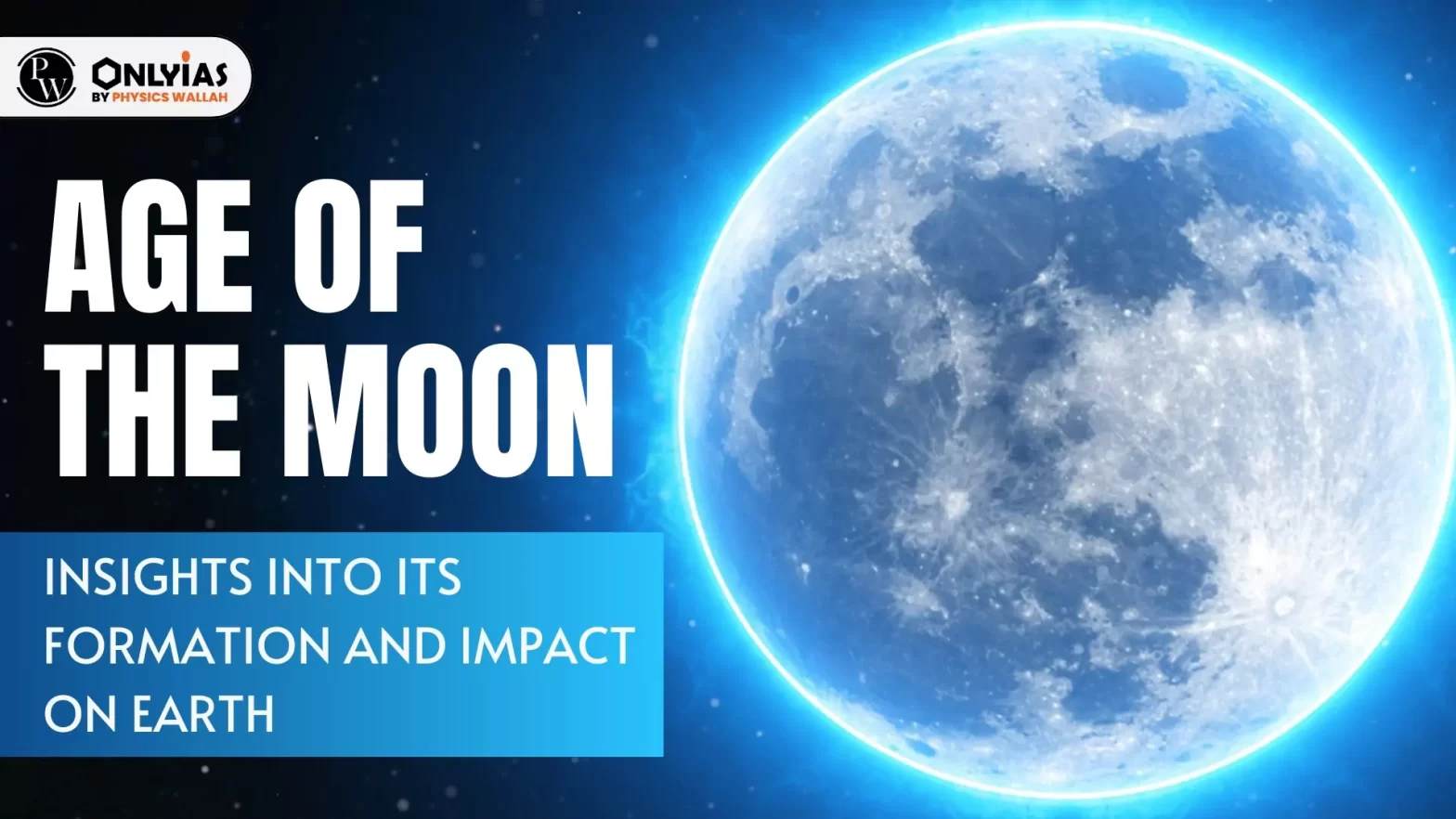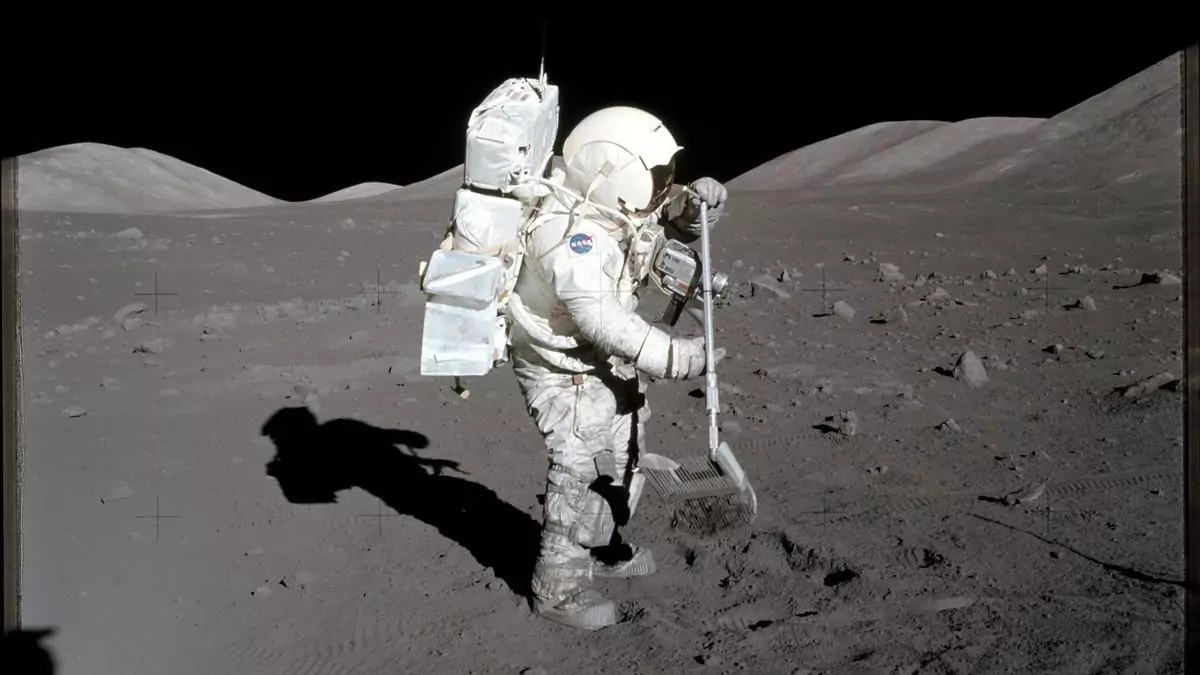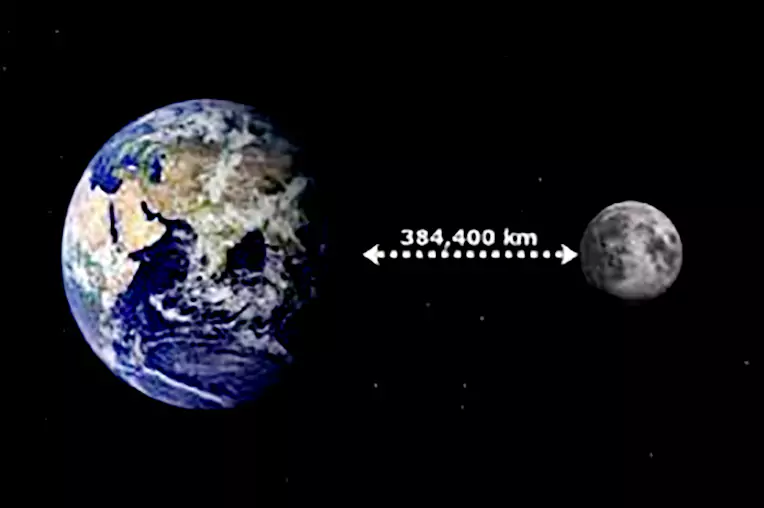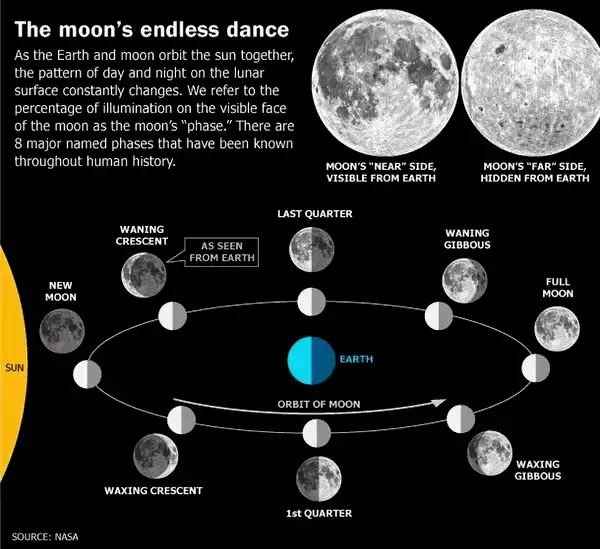Context: According to a recent study, the Age of the Moon is 40 million years older than as predicted by scientists previously.




| Must Read | |
| NCERT Notes For UPSC | UPSC Daily Current Affairs |
| UPSC Blogs | UPSC Daily Editorials |
| Daily Current Affairs Quiz | Daily Main Answer Writing |
| UPSC Mains Previous Year Papers | UPSC Test Series 2024 |
Yes it does. Further, the moon takes the same amount of time to complete one full rotation on its axis as it does to complete one full orbit around Earth. In other words, the Moon always faces our planet from the same side.
The age of the moon is approximately 4.46 billion years.
Light is not created by the moon on its own. All moonlight is sunlight reflected back.
The moon is a natural satellite of our planet Earth.
There is gravity on the moon. The Moon's gravitational pull is weaker (roughly one-sixth that of Earth) due to its lower mass. The mass of the moon is approximately one sixth of the mass of Earth.
<div class="new-fform">
</div>